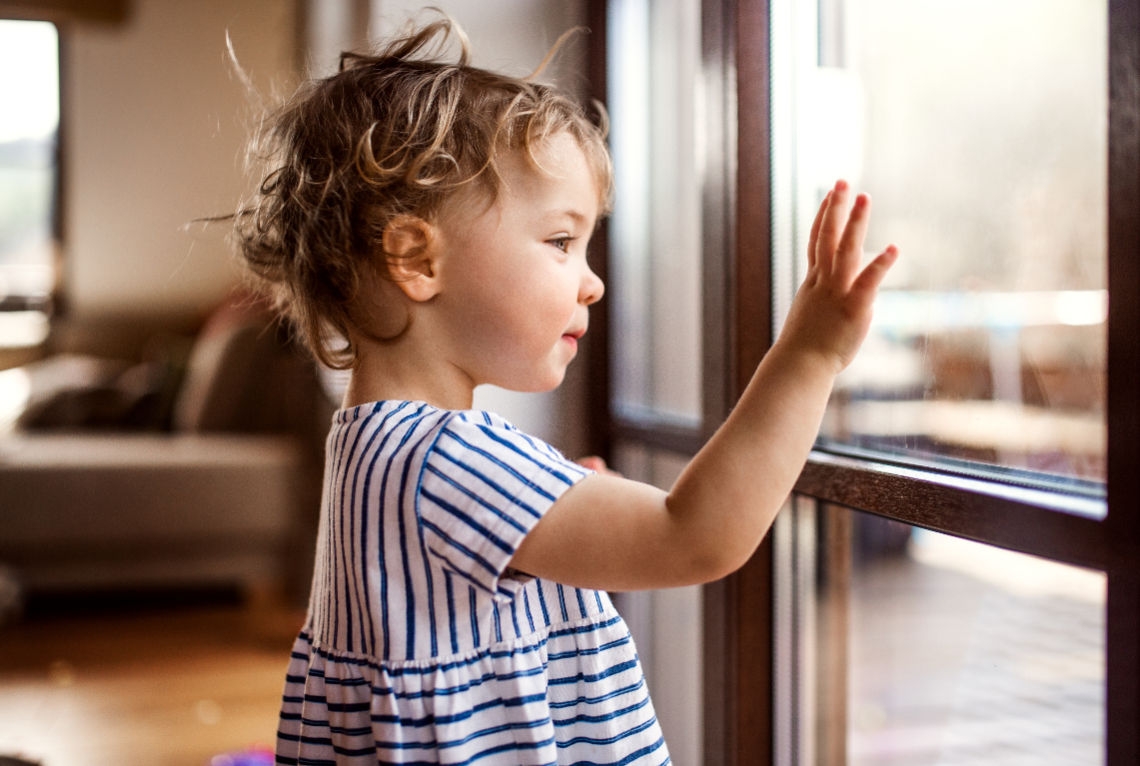Why does my child have an imaginary friend?
Imagination is a healthy and valuable form of play. Most of the time, imaginary friends are a safe way to explore socialising and could be a sign that your child is developing strong cognitive skills. Psychologists claim imaginary friends are common, and in most cases don’t present a concern. Your child may have an imaginary friend for the following reasons:
Companionship
If a child lacks companionship, it’s common to invent a friend. This friend could be anything: an animal, a fantastical character, or based on a more real-to-life person. Often, as your child grows up, their real social world becomes richer. Imaginary friends can fade away once your little one makes real friends.
Practising socialising
Children like to mimic the actions of adults around them. They may be trying to emulate the way they see parents or carers interact with other adults.
Creating and respecting an imaginary friend requires seeing things from a perspective other than our own. Your child could be practising empathy and communication, which are valuable skills to already have under their belt. Kids with imaginary friends tend to be less shy.
Self-expression
Creating a friend can help your little one practise expressing themselves in a way they can control. Imagination is a safe way to explore all sorts of personalities and social situations.
Should I be worried?
Generally, no. Imaginary friends are a normal part of development from around 2.5 years old and up. They can last for a few months to a few years.
If your child’s imaginary friend seems anxious, depressed, very angry or mean, this could be an indication your child is struggling with those feelings and has created a ‘friend’ as a coping mechanism. Use this opportunity to open a dialogue with your child about emotions and encourage them to express themselves. Chat to a doctor if you’re concerned about your child’s emotional state.
If an imaginary friend manifests after your child has suffered a traumatic event, this could indicate a need for extra support or counselling.
How should I treat my child’s imaginary friend?
Play along! It’s important to foster a young person’s sense of wonder and excitement and encourage them to tell you what’s going on in their world. Let your little one enjoy the company of their made-up pal, as long as this character seems healthy.
Your child may request you interact with their imaginary friend by doing things like setting them a place at the table or asking them a question. You can have fun here, but remember to set your personal boundaries, so your little one doesn’t expect you to do things like making an extra plate for every meal.
Instead, encourage your little one to do things for their friend where they can, like holding the door open or making up a bed on the ground. Rather than responding negatively by saying ‘I won’t make a snack for someone who isn’t real’, try playing along and saying ‘I’m not sure your friend is very hungry. Can I eat their snack if they don’t want it?’
Your child may blame their bad behaviour on an imaginary friend. Take this case by case, but as a general rule, it’s okay to blame the friend for now as long as your little one understands actions have consequences. Try calmly explaining that it’s okay “Sally” broke the vase, as long as your child helps you clean it up.
A helpful parenting tool
Getting to know your child’s imaginary friend is a way to get to know your child’s mind. Pay attention and acknowledge this friendship. You may learn a lot about your child’s likes/dislikes, feelings or thoughts by listening to what they’re doing with their invisible companion.
Recommended Articles:
https://www.babybunting.com.au/baby-talk-blog/toilet-training-what-do-i-need/
https://www.babybunting.com.au/baby-talk-blog/toddlers-and-dinner-time/



